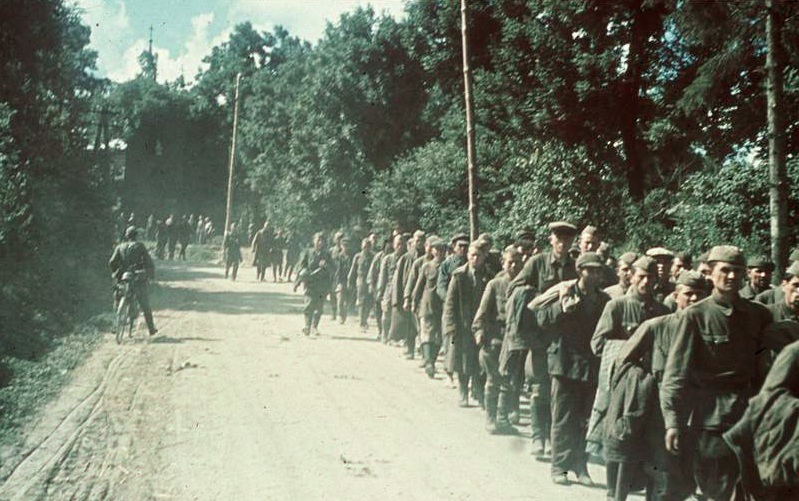
Despite the ostensibly smooth transition from power, it seems that the Bush Administration left a few closets unopened prior to their departure, and now the skeletons are falling out. Memos circulated during Bush's presidency have surfaced indicating that top officials approved the use of harsh interrogation methods such as waterboarding on detainees at secret prisons.
In an attempt to incite public awareness for the mistreatment of human beings by the U.S. government, the ACLU has said that they will release photographs that provide evidence that the acts of abuse at Abu-Gharib prison are actually rampant in the military
Although places like Guantanamo Bay and the reasons for their existence seem to be current, hot button issues, they are not new. Controversy over the proper treatment of U.S. enemies and prisoners of war has long been a point of contention. In 1949, the Geneva Conventions addressed the issues and produced four treaties specifically outlining the new regulations and standards for the humane treatment of people during wartime and conflict.
This conversation is a great opportunity to discuss human rights and their constitutional connection with your students. Take a look at the eighth amendment and discuss what they would consider cruel and unusual punishment, and if the acts of cruelty and torture being conducted by the U.S. Government in the interest of national security and safety are actually illegal. Is it constitutional for POWs and foreign detainees to be denied the same rights afforded to U.S. citizens? Is this type of military protocol in violation of the Geneva Conventions?
The conversation should be an interesting one.




No comments:
Post a Comment